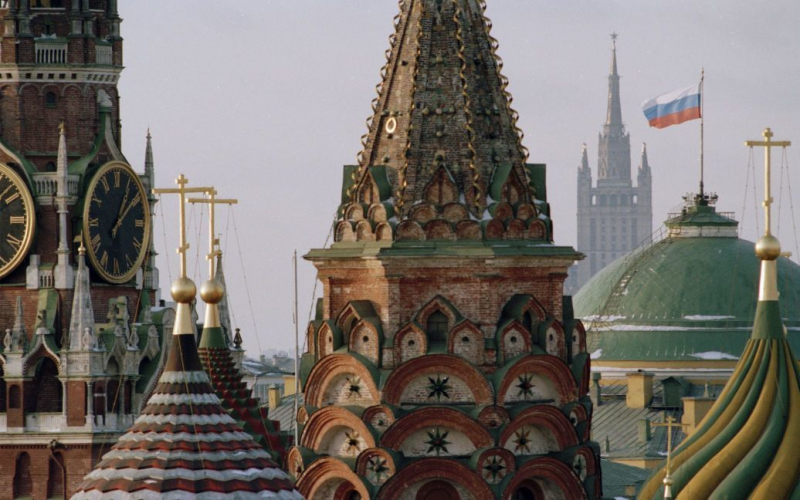
Investigators studied the work of political scientists, experts taking part in events organized by the Kremlin, the so-called "discussion clubs" and on state television.
Russian state companies spent at least 4.8 billion rubles ($53 million) over several years, paying positive reviews from pro-Kremlin experts.
This is stated in the investigation of the publication “Project”.
“Many of them receive money from structures that formally enter into contracts with them for the preparation of reports and analytics. Informally, recipients of money must give the media comments that are correct from the Kremlin's point of view,” investigators say.
The draft provides three examples of so-called expert structures:
“For example, EISD received 1.25 billion rubles in 2018 from Techsnabexport (a structure controlled by Rosatom, which Deputy Chairman of the Russian Federation Administration Sergei Kiriyenko headed to work in the Kremlin), RusHydro and VTB Bank 1.2 billion from RusHydro, the All-Russian Regional Development Bank, Transneft and VTB,” the source says.
The FORGS budget is less than the EISD: in 2018 it received 853 million rubles, in 2020 – 350 million, in 2021 – 460 million. This money is transferred by the same Techsnabexport, Transneft and All-Russian Regional Development Bank (daughter of Rosneft), as well as unofficial funds of United Russia.
“The third company, Da Tim, is also financed by the Kremlin. It is especially actively supported by projects related to Sergei Kiriyenko,” the investigation says.
Only these three structures, based on a sample of individual years, received from state-owned companies of the Russian Federation an amount exceeding 4.8 billion rubles.
After signing documents with experts, they end up on lists that the Kremlin releases to controlled media for use. Media professionals should turn to such people when covering important political issues.
The publication also cites other ways of financing or encouraging experts close to the authorities.
Recall that the head of Russia Vladimir Putin during the “direct line” on December 14 lied that the Russian Ministry of Defense allegedly does not regulate the status of private military mercenaries companies (PIK) that fought and are fighting against Ukraine. Putin's lies were exposed by an instructor from the Storm-Z occupier unit.
Related topics:
More news

